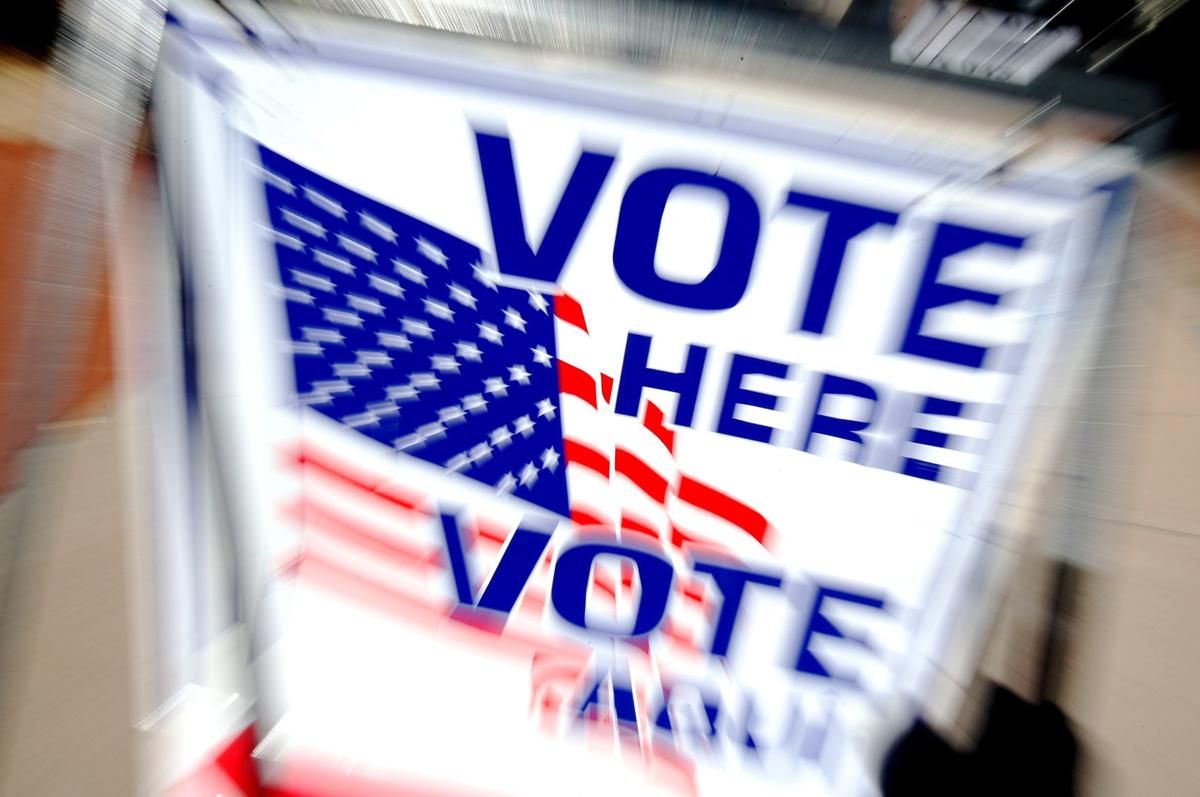PHOENIX — State lawmakers voted Tuesday to again try to tell cities how and when they can conduct their elections, setting the stage for a legal fight.
The House gave preliminary approval on a voice vote to a measure that says cities and counties can ask voters to increase taxes only every other year, and only at the regular election in November. HB 2495 would override existing law, which establishes four permitted dates each year for local elections.
Consolidating local elections with those already run for statewide races saves money, said Rep. Kevin Payne, R-Peoria, sponsor of HB 2495. House Speaker J.D. Mesnard, R-Chandler, said it also ensures there will be a maximum turnout.
“This is about increasing taxes,” Mesnard said. “So this is a way to protect taxpayers. It is a way to encourage voter turnout to make sure if we’re going to increase taxes, that folks are actually showing up to an election and it’s not being done below the radar.”
That’s not the way the League of Arizona Cities and Towns sees it.
During hearings on the bill, lobbyist Patrice Kraus said that when city councils vote to call an election, it is because they believe a matter needs immediate attention. Under this measure, she said, if a city needs to refer a tax matter to the ballot but doesn’t meet the deadline for a fall election on an even-numbered year, it will have to wait two full years.
“There could be a pressing issue that really couldn’t wait that amount of time,” Kraus testified.
Rep. Mark Cardenas, D-Phoenix, raised the same issue when the measure came to the House floor on Tuesday.
Payne made one concession, altering his legislation so the change, if signed into law, would not take effect before 2018. That is because elections are already planned for later this year in Tucson and elsewhere.
Delayed effective date or not, the measure may be unenforceable, at least for the state’s 18 charter cities, which Arizona courts have determined have the right to make their own decisions.
In one ruling, the Arizona Supreme Court in 2012 overturned a bid by state lawmakers to dictate to Tucson how it runs its elections.
The justices ruled unanimously that cities whose voters adopt charters have rights under the Arizona Constitution. And those rights, they said, include the power to decide whether to elect council members on an at-large or district basis, and whether to conduct elections on a partisan basis.
Three years later, the state’s high court blocked separate efforts by lawmakers to control when charter cities can hold their council and mayoral elections.
Tucson City Attorney Mike Rankin said Tuesday he doubts the courts would uphold HB 2495.
“Given the precedent in Arizona on this very issue, it seems unlikely that this bill would survive a challenge by a charter city,” he said.
Rankin rejected the contention of some of the bill’s supporters that this legislation is different because it deals with tax increases, not candidate elections. “I don’t think that in any meaningful way they’re different,” he said.





